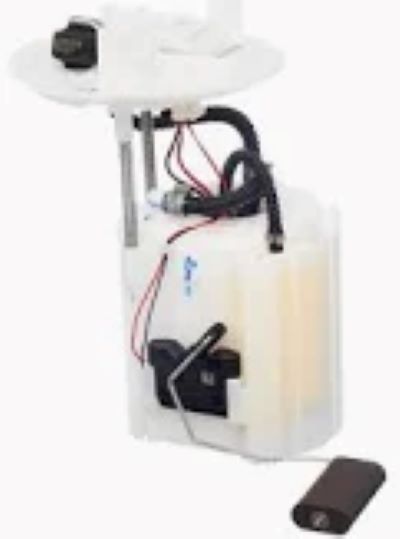A faulty fuel pump can definitely make your car stall, especially when it doesn't deliver a consistent fuel flow to the engine. Newer vehicles use higher fuel pressures, up to 30-80 psi,but let's find out the exact number for your make and model. When the fuel pump constantly has issues, there may not be enough fuel sent to the engine which can cause power failure and stalling, particularly during acceleration or a full with load.
Low fuel pressure due to a worn-out or failing pump is one of the most common causes of stalling. While it is commonly accepted that fuel pumps can last 100,000 miles or more in most cases, other factors could be at play (not the least of which include routinely running your car near empty) to “shorten” their lifespan. A failing fuel pump could cause the engine to stall intermittently, dimming and then returning bright after a few seconds. This often happens because the pump has overheated and gone into a safe mode, ending stock fuel system being disabled.
A clogged fuel filter is another type of issues with the fuel pump system can also cause a stalling. The filter is supposed to do its job and screen out dirt and contaminates but if it becomes too congested, it can restrict pumping power, causing the pump to work harder or even leading to overheating. A study from AAA found that around 10 percent of stalling car breakdowns stemmed from fuel system problems, including fuel pump failures.
In 2018, Ford recalled 1.46 million vehicles for stalling issues related to a problematic fuel pump in one high-profile case. This caused the pumps to be unable to generate enough fuel pressure needed, which would result in the engine stalling at highway speeds—a pretty obvious threat.

Witnesses often observe a couple more warning signs before the vehicle finally dies -- an engine that sputters and bucks, fails to start or cranks but won't turn over or a whiny, winding noise from the fuel tank area. By catching these early signs in time, you avoid a total fuel pump failure that otherwise would likely cost $400 - $600 to be replaced depending on the vehicle and labor costs.
And as John D. Rockefeller mentioned: "Don't be afraid to give up the good to go for the great." When it comes to vehicle maintenance, dealing with relatively minor fuel pump problems in their early stages contributes to overall longevity and safety. When ignored, these signs will pave the way for complete fuel pump failure and the engine now can not be run.
As such, when dealing with stalling vehicles, particularly those that stall during acceleration or high-speed driving, you need to double-check the Fuel Pump.